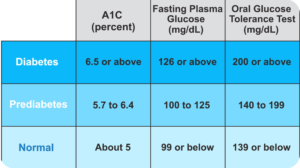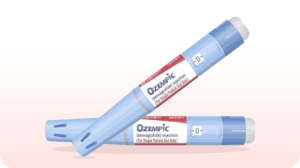Can energy heal? Reiki practitioners believe it can, if the flow of energy through a body is carefully manipulated and nurtured. Understanding the practice and the philosophy of Reiki means starting with the roots of the word itself.

Rei is Japanese for “universal,” while ki translates to “vital life force.” Reiki was developed, by Mikao Usui in the 1920s. Usui was a polymath, spiritualist, and healer who sought a way to straddle the divide between spiritual or emotional states, and physical wellbeing. He trained hundreds, if not thousands, of adherents in the technique of Reiki, and the practice subsequently spread around the globe.
Reiki has long been accepted as a complementary therapy, even among traditional western physicians. Today, it is used as a non-disease-specific treatment meant to relax the patient’s body, reduce emotional and psychological stress, and promote healing and a healthier physical state.
Practitioners use their hands as conduits of energy that flows to and from the subject’s body. Although the practice can include gentle touching, Reiki practitioners do not need to touch the patient. A session is typically 50 minutes long and involves the practitioner using a combination of up to 15 different hand positions over various areas of the subject’s body to improve energy flow throughout the body, and between the body and outer environment.
Reiki practitioners believe that they are largely instruments connecting the patient to sources of energy; the patient “takes what they need” from the flow of energy. This transfer of energy is thought to stimulate the immune system and nurture the body’s own natural healing mechanisms.
Studies indicate that Reiki’s most powerful effects lie in reducing mental and emotional stress, inducing a feeling of calmness and peace. Of course, reduced stress has a tangible carry-on effect for physical healing. The therapy is often used pre- and post-surgery to aid in healing and reduce patient anxiety. Reiki can provide a meditative feeling of well-being, even in light of serious illness.
It has been used to help cancer patients recover from treatment and the mental trauma of the disease itself, alleviate stress-related symptoms of gastrointestinal illnesses such as Crohn’s Disease, and reduce the pain of chronic diseases such as fibromyalgia and arthritis.
Although there is no centralized Reiki certification authority, there are several legitimate organizations promoting Reiki education and standards, such as the International Association of Reiki Professionals.
Regardless, there are three levels of expertise Reiki practitioners attain through their training (called “levels of attunement” within the profession):
- 1st degree. Expertise to practice on their own body and other’s with touch.
- 2nd degree. Expertise to practice at a distance (time or space) without touch.
- 3rd degree. Expertise to train others and impart the attunement rituals (called the master level).
It’s important to note that practitioners strongly believe that Reiki can be just as effective practiced at a distance—whether it be physical space or even a separation of time. This makes the technique as performed by accomplished 2nd degree and 3rd degree practitioners ideal for a telewellness portal such as Healplace.
Share some love if you like this post!






1 comment
Comments are closed.